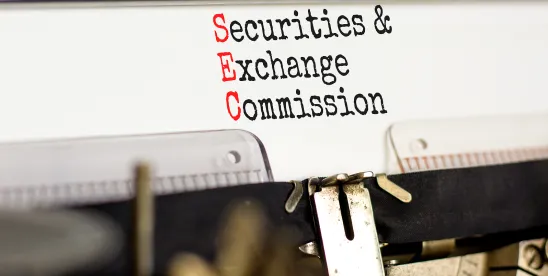The inauguration of President Donald J. Trump on January 20, 2025, will lead to a change in control of the Securities and Exchange Commission (“SEC”). On November 21, 2024, current SEC Chair Gary Gensler announced that he will resign his position at 12:00 p.m. on January 20, 2025. The next day, Commissioner Jaime Lizárraga (D) also announced his intent to step down, effective January 17, 2025. These key departures will leave a 2-1 Republican majority at the SEC at the start of the next administration.
Chair Gensler’s tenure at the SEC has been an active one, with the agency pursuing a number of initiatives of interest to publicly traded retailers. Under Chair Gensler, the SEC adopted a number of rules regarding corporate governance and reporting, including updating the rules for when corporate insiders can sell their shares, for when executives have to give back compensation based on erroneously reported financial statements, and for disclosure of executive pay versus performance. The agency also adopted new rules requiring universal proxy cards in contested director elections. Further, the SEC adopted rules requiring more timely disclosure by those who are seeking control and buy more than a five percent stake in a public company. Additionally, during Chair Gensler’s tenure, the SEC adopted rules requiring public companies to disclose material cybersecurity incidents and rules requiring disclosure around climate risks and liabilities.
On January 20, 2025, a Republican commissioner will be named acting chairman of the agency until Paul Atkins, President-Elect Trump’s nominee for permanent SEC chairman, obtains Senate confirmation. The two sitting Republican commissioners have sometimes expressed skepticism as to the agency’s approach to a number of Chair Gensler’s rulemaking projects. We anticipate the SEC in coming years may revisit some of these rulemaking projects and undertake a different course in pursuing new rules.





 />i
/>i

